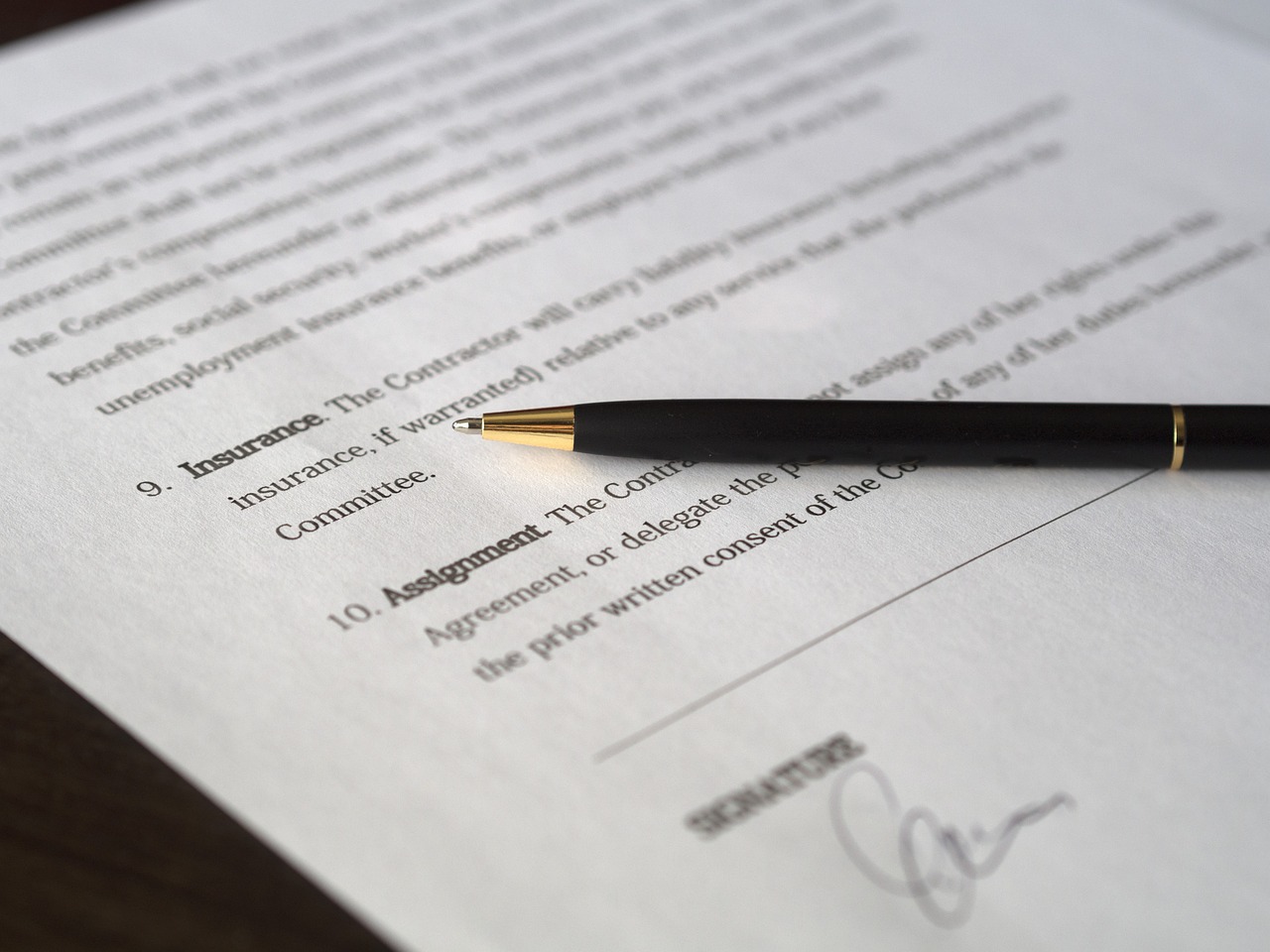Landlords are generally required by law to not only meet a reasonable standard of habitability but also to keep their property in good repair. This includes, for example, fixing leaking roofs and broken doors. If landlords don’t take care of any problems with their buildings, tenants have the right to repair them (at the landlord’s expense) themselves if they can’t wait until normal business hours when the landlord is open.
Tenants are typically responsible for things inside the unit; however, if the damage is caused by something that another tenant did wrong, then that person may be responsible for the bills rather than the landlord.
What is reasonable wear and tear?
Landlords and tenants can split the cost of many repairs. Here, if the damage is “reasonable wear and tear” on a unit that’s almost 30 years old, it’s unlikely that the whole cost would be a burden to either party. Here are some examples of how reasonable wear and tear plays out:
- Carpet – If the tenant spills something on the carpet, it may be reasonable to expect the tenant to pay for the carpet to be replaced. However, if the carpet already has significant wear and tear, then it would be fairer to negotiate how the bill is split.
- Door locks – if the tenant loses the keys, they are responsible for replacing the keys and, if needed, having the lock changed. If, however, the lock stops working due to it being old and worn, the landlord would be responsible.

Get specialist insurance
Tenants can protect themselves from unexpected bills and keep their living costs down by taking out specialist tenant insurance. It is worth getting a few quotes to ensure you have the best coverage. Tenants living in Montreal can search “tenant insurance Montreal” to get local quotes.
Communicate with your Landlord
Tenants should always let the landlord know about any repairs that need to be done but tenants should also consider writing down a list of any concerns they may have. It is always better to be proactive and get problems fixed before they happen instead of having them grow into bigger headaches.
Keep an inventory
When arranging a move, it is important to keep an inventory of all items that are going. A good idea would be to arrange a date and time with your landlord before you move. This will allow both parties to make sure that there is no damage on the property and also take an inventory of any items that you plan on taking out with you at the end of the contract.
File a complaint
If your landlord repeatedly fails to make repairs after being requested, then they are required by law to look into what is causing the damage and fix it (within reason, of course). Tenants should take this matter further if they feel there has been no effort made by the landlord.
If you are a tenant, then you are responsible for damage caused to the property that results from your negligence or breach of your tenancy agreement. This can include water damage from flooding, fire damage from neglecting to put out cigarette butts, and other types of damages that occur as a result of your actions or inaction.
However, most landlords will work with tenants who cause damage to resolve their financial obligations swiftly and amicably. Landlords may be entitled to collect money from the tenant’s deposit if there is major damage present in the property at the end of a tenancy.